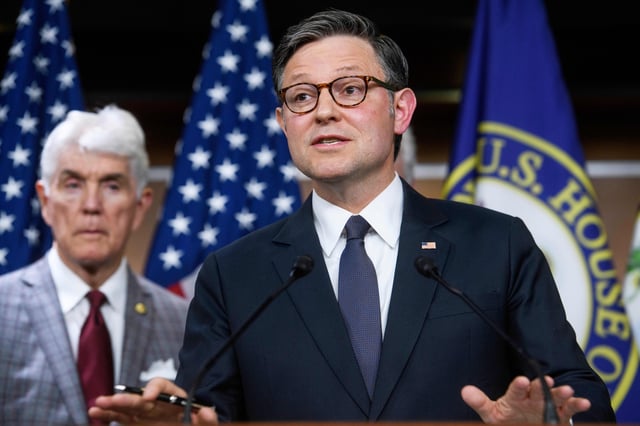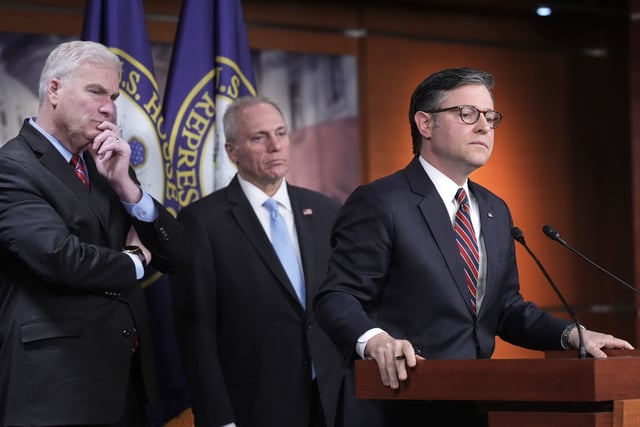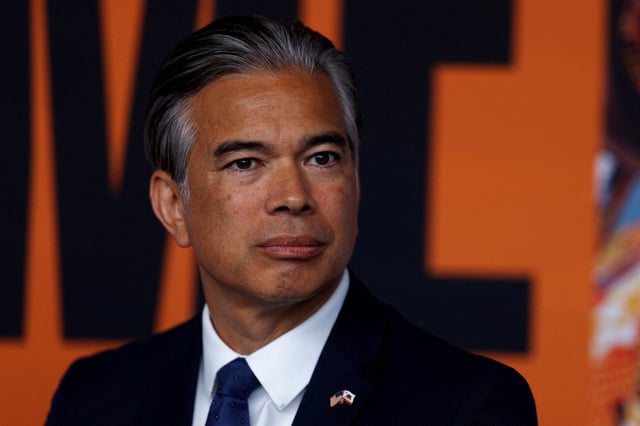Overview
- House Republicans included a 10-year ban on state and local AI regulations in their budget reconciliation bill, citing the need for a unified federal framework.
- The provision has passed the House Energy and Commerce Committee but faces potential exclusion under the Senate's Byrd Rule, which limits non-budgetary measures in reconciliation bills.
- A bipartisan coalition of 40 state attorneys general opposes the moratorium, arguing it undermines consumer protections and prevents states from addressing AI risks effectively.
- California, a leader in AI regulation, has passed laws targeting non-consensual deepfakes, political ad deepfakes, and healthcare AI disclosures, all of which would be blocked under the proposed ban.
- Major AI developers, including OpenAI's Sam Altman, support a single federal framework, warning that a patchwork of state laws could hinder innovation and competitiveness.



